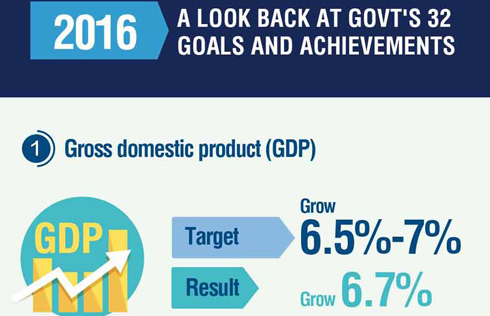Latest technology gets people talking
Rumors suggest that the days of free mobile voice messaging and texting may soon come to an end, Jiang Xueqing reports in Beijing.
Only two years after the launch of WeChat, the mobile text and voice messaging service developed by Tencent Inc has attracted more than 300 million users.
Kan Kaili, a professor at the School of Economics and Management at Beijing University of Posts and Telecommunications, started using WeChat in November. He was immediately attracted by its convenience for mobile social networking through establishing or joining various groups of friends, colleagues, fellow students and others. As long as they can go online via their mobile phones, users can send text and voice messages as well as photos and small videos to groups or individuals.
|
 |
|
A woman in Shanghai uses WeChat on her smartphone. Users may soon be charged for the service, which is currently free. Provided to China Daily |
"I have joined many groups to connect with my friends," Kan said. "We have group discussions about our work and academic issues on WeChat with overseas academic professionals in the same field joining us."
Another major attraction is that sending messages via WeChat costs nothing; users only pay for mobile data traffic or wireless networks when they cannot get free Wi-Fi access.
Now, Kan rarely uses the text messaging services provided by Chinese telecom operators. Instead, he uses WeChat for both one-on-one and group communication. He has also used the system in preference to international phone calls when traveling overseas. The service has saved him a lot of money.
"If I sent the same number of messages via the text-messaging services provided by telecom operators, I would have to pay several hundred yuan a month," he said.
However, for many Chinese mobile users, the days of sending text and voice messages free of change may soon be over.























